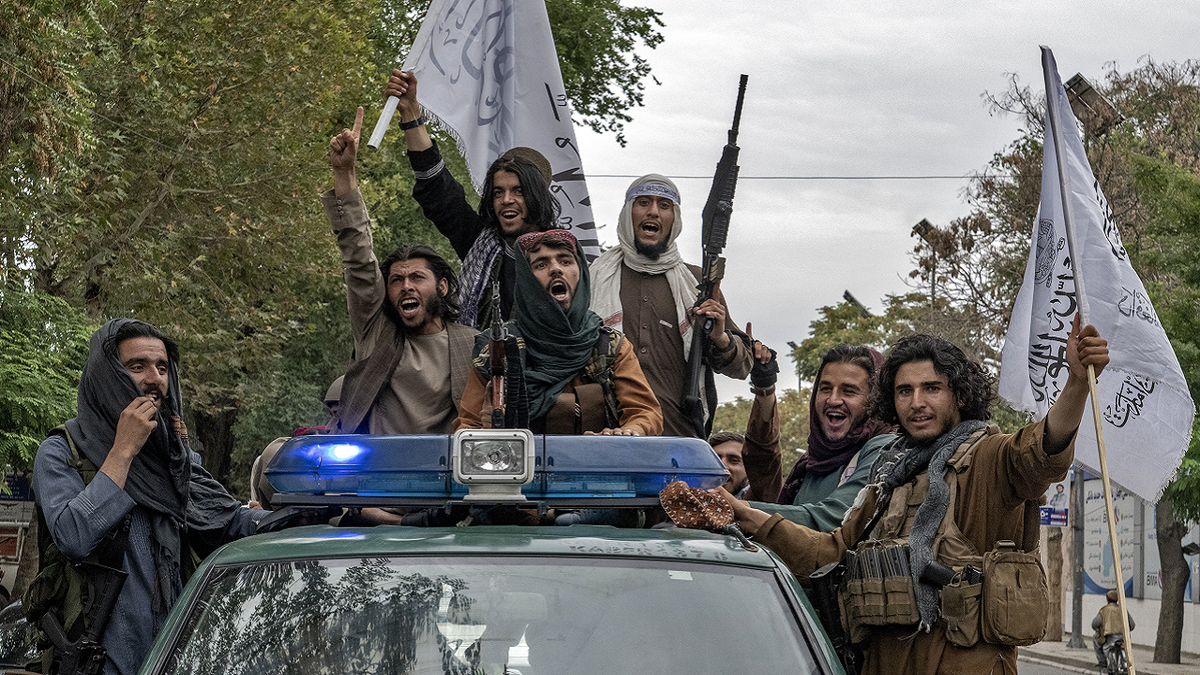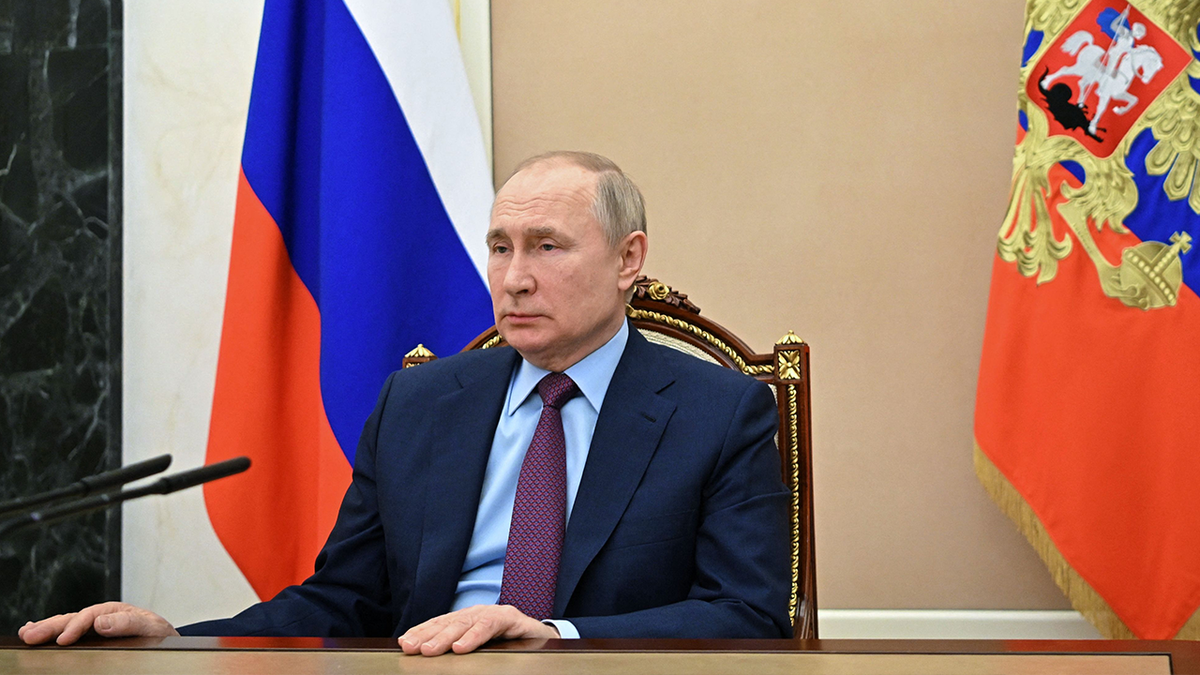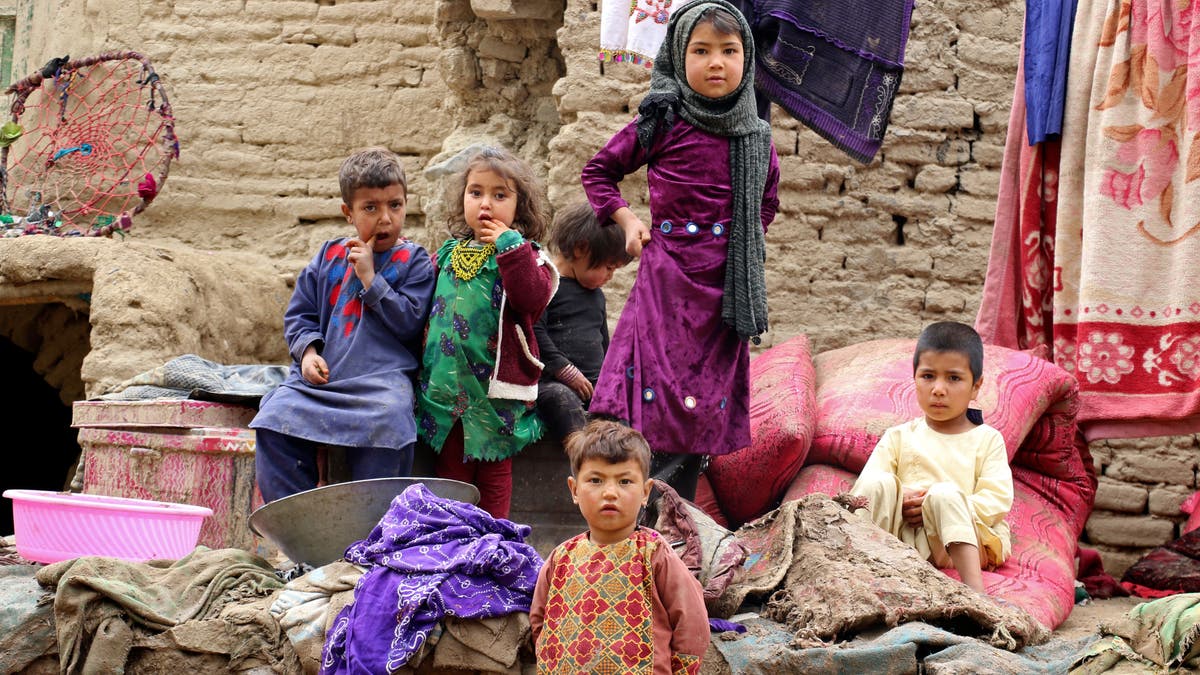Taliban spokesman Suhail Shaheen discusses women's rights and terrorism with Fox News Digital
In a wide-ranging exclusive interview, Taliban spokesman Suhail Shaheen addressed domestic and international criticism the Taliban has faced since taking control of the country last year.
Russia and the Taliban are in agreement on a deal that would see Russian gas, diesel and wheat flow into Afghanistan at a discounted rate.
"The deal will provide Russia with additional export earnings, undermining Washington’s efforts to weaken Russian economy, in false hopes to compel Putin to stop his war on Ukraine," Rebekah Koffler, a former DIA intelligence officer and the author of "Putin’s Playbook: Russia’s Secret Plan to Defeat America," told Fox News Digital. "This is another example of the failed sanctions policy pursued by the Biden Administration. The sanctions have not changed Putin’s behavior in nine years, they never will."
Koffler's comments come after it was revealed that Russia will send Afghanistan two million tonnes of wheat, a million tonnes of gasoline and diesel, and 500,000 tonnes of liquefied petroleum gas annually at a discount compared to global commodity prices, according to a Reuters report Wednesday.

Taliban fighters celebrate one year since they seized the Afghan capital, Kabul, in front of the U.S. Embassy in Kabul, Afghanistan, on Monday, Aug. 15. (AP/Ebrahim Noroozi)
The deal represents the first major international agreement the Taliban has struck since regaining power in Afghanistan last year, with most governments around the world refusing to offer the group official recognition until the country improves its record on human rights.
Russia does not officially recognize the Taliban government, but is one of the few countries that kept its embassy in Kabul open after U.S. forces left, and Taliban forces swept across the country and retook its capital.
Earlier this month, two Russian diplomats were killed in a suspected ISIS suicide bomb attack aimed at its embassy in Kabul. The suicide bomber's device exploded outside the embassy's visa section. The Associated Press reported at the time there was no immediate reason given for the attack by the terror group.
The deal comes at a time of economic crisis for both countries, with Russia facing a limited market of buyers for its energy exports amid American and western sanctions in response to the country's invasion of Ukraine.
However, Koffler does not believe the agreement will have a significant impact on the Russian economy.
"The new deal with the Taliban by itself will not release the strains placed on the Russian economy by the U.S. and European economic sanctions. Russia is in desperate need of high-tech parts, such as semiconductors, not raisins and medicinal herbs promised by Taliban to Putin in exchange for oil, gas, and wheat," Koffler said.

Russian President Vladimir Putin. (ALEXEI NIKOLSKY/Sputnik/AFP via Getty Images, File)
AFGHANISTAN HAS REGRESSED TO ‘MEDIEVAL ENVIRONMENT’: GEN. MCKENZIE
Meanwhile, Afghanistan's economy has deteriorated significantly since the Taliban takeover, with most of the country's population living below the poverty line while the Taliban government struggles with sanctions and the lack of development aid the country enjoyed under its western-supported government.
"Afghans are in great need," acting Afghan Commerce and Industry Minister Haji Nooruddin Azizi told Reuters. "Whatever we do, we do it based on national interest and the people's benefit."
While details on specific prices and payment methods were not available, Azizi said that Russia would move the supplies to Afghanistan by road and rail. If both sides are satisfied with the deal during the temporary trial period, a longer term deal is expected to be signed.

In this photo taken on May 4, 2022, flash flood-affected children sit outside their damaged house at Qadis district in Badghis province. - Flash floods and storms killed at least 18 people after ravaging several provinces of Afghanistan. (AFP via Getty Images)
CLICK HERE TO GET THE FOX NEWS APP
The Russian agreement with the Taliban comes more than three decades after the end of the Soviet-Afghan War, a nine-year conflict that ended in a Soviet defeat and withdrawal from Afghanistan. In the aftermath, a civil war in Afghanistan eventually resulted in the Taliban's first take over of the country in 1996.
However, despite the positive development in relations with Russia, Azizi made clear that the Taliban does not want to depend on only one country to help lift its struggling economy.
"A country ... shouldn't be dependent on just one country, we should have alternative ways," he said.

